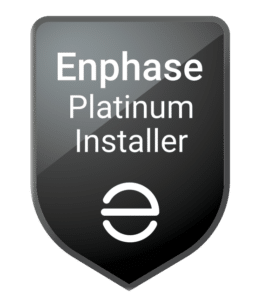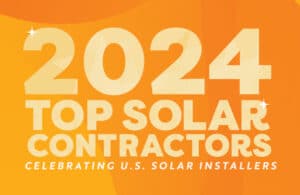
Prepare to use net metering credits
The earlier the sun sets, the more energy we use for lighting. In addition, this year we are all using our home offices more than ever due to the pandemic. Finally, with fewer daylight hours, your solar panels have less sun from which to generate energy. Lower production + increased energy usage = a greater likelihood you’ll need extra power to meet your demand. Thus, it’s normal to start using your net metering credits this time of year.
Save even more money with solar in autumn
The higher your electricity rates, the more money you’ll save by going solar. The Northeast uses more electricity during shorter days, and our electricity rates are some of the highest in the country. Therefore, in the fall & winter seasons, solar customers in New England stand to save more money on electricity than in other parts of the country.
Cool weather is better for solar panels
Like most electronics, solar panels function better when it’s cool. Heat can actually impede panels’ clean energy output! In this way, cooler temperatures can assist seasonal solar energy production. That said, your array will generally produce more power in summer. Why? Because there are more hours of daylight.
Is there actually something wrong with your solar array?

In most cases, you shouldn’t worry if your Enphase system is showing lower production in the fall. That is normal for this time of year. However, if you still want to double-check your system’s functionality, here are a few ways to do so:
- Check your metering software. Your online monitoring service displays each day’s performance. (Not a customer yet? Monitor an active solar energy system in real time!)
- Check the weather. In your monitoring service’s archive, you can select a past date that was sunnier to see how energy production compares to a cloudy day. You should notice a significant difference.
- Contact Us! Monitoring system still not matching your expectations? Give us a call and your sales rep can identify whether there is something bigger going on.
Rest assured, it’s normal for your solar panels to be less productive as the days get shorter. That said, our number one priority is ensuring that you are satisfied with your system. Contact us if you have any questions!





